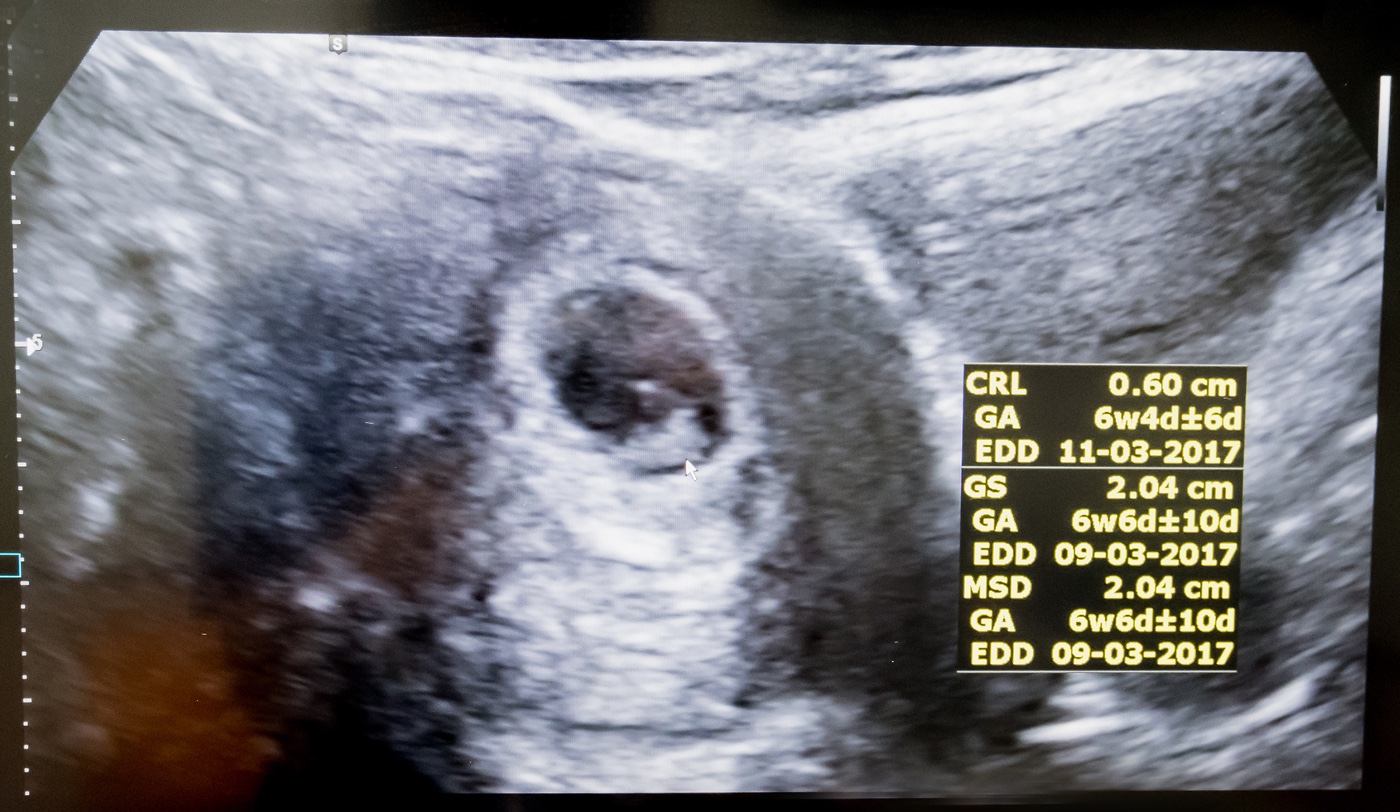


Fetal heart rate can provide important information about your baby’s health, and abnormal heart rates may require further testing or monitoring.There is no scientific evidence to support the myth that fetal heart rate can predict the gender of your baby.In most cases, it’s possible to hear your baby’s heartbeat as early as 8-10 weeks into your pregnancy. What is a normal fetal heart rate?Ī normal fetal heart rate ranges from 120 to 160 beats per minute. No, there is no scientific evidence to support this myth. Frequently Asked Questions Can fetal heart rate predict the gender of my baby? Schedule an appointment today to learn more about fetal heart rate and other important aspects of prenatal care. At Nao Medical, our cardiology experts can provide you with the information and support you need to ensure a healthy pregnancy and a healthy baby. When it comes to your baby’s health, it’s important to rely on accurate information and expert advice. The timing of when you can hear your baby’s heartbeat can vary depending on factors such as your baby’s position and gestational age, but it’s typically possible to hear the heartbeat as early as 8-10 weeks into your pregnancy. In most cases, this can be done using a fetal Doppler device during a prenatal visit. Many expectant parents look forward to hearing their baby’s heartbeat for the first time. If your doctor detects an abnormal fetal heart rate during a prenatal visit, they may recommend further testing or monitoring to ensure that your baby is healthy. A normal fetal heart rate ranges from 120 to 160 beats per minute, and can vary depending on factors such as your baby’s activity level and gestational age. While fetal heart rate may not be able to predict your baby’s gender, it can provide important information about your baby’s health. What Does Fetal Heart Rate Actually Mean? If you believe that a faster heartbeat means you’re having a girl, you may be more likely to remember instances where this was true and forget instances where it wasn’t. So why does this myth persist? One theory is that it’s simply a case of confirmation bias. In fact, studies have shown that there is no significant difference in fetal heart rate between male and female fetuses. By approximately the fifth week of pregnancy, the fetal. There's no difference between fetal heart rates for boys and girls, but the rate does vary with the age of the fetus. A baby girl's heart rate is usually faster than a boy's, but only after the onset of labor. But is there any truth to this? The Truth About Fetal Heart Rate and Genderĭespite what you may have heard, there is no scientific evidence to support the idea that fetal heart rate can predict the gender of your baby. If the fetal heart rate is under 140 beats per minute (BPM), it's a boy.

According to this myth, a faster heartbeat means you’re having a girl, while a slower heartbeat means you’re having a boy. Will it be a boy or a girl? While there are many old wives’ tales and myths about predicting the gender of your baby, one of the most common is based on the fetal heartbeat. As soon as you find out you’re pregnant, the guessing game begins.


 0 kommentar(er)
0 kommentar(er)
